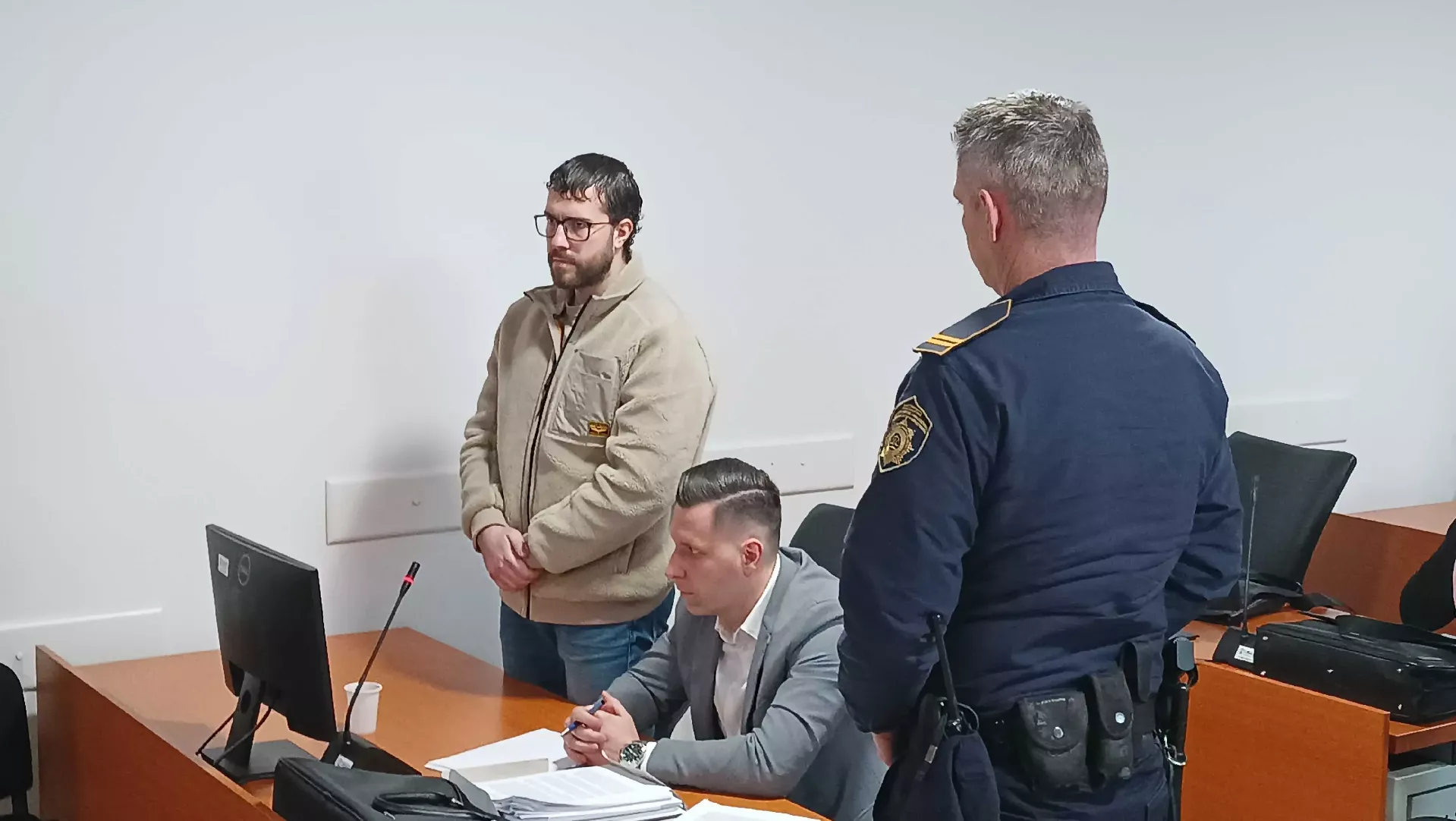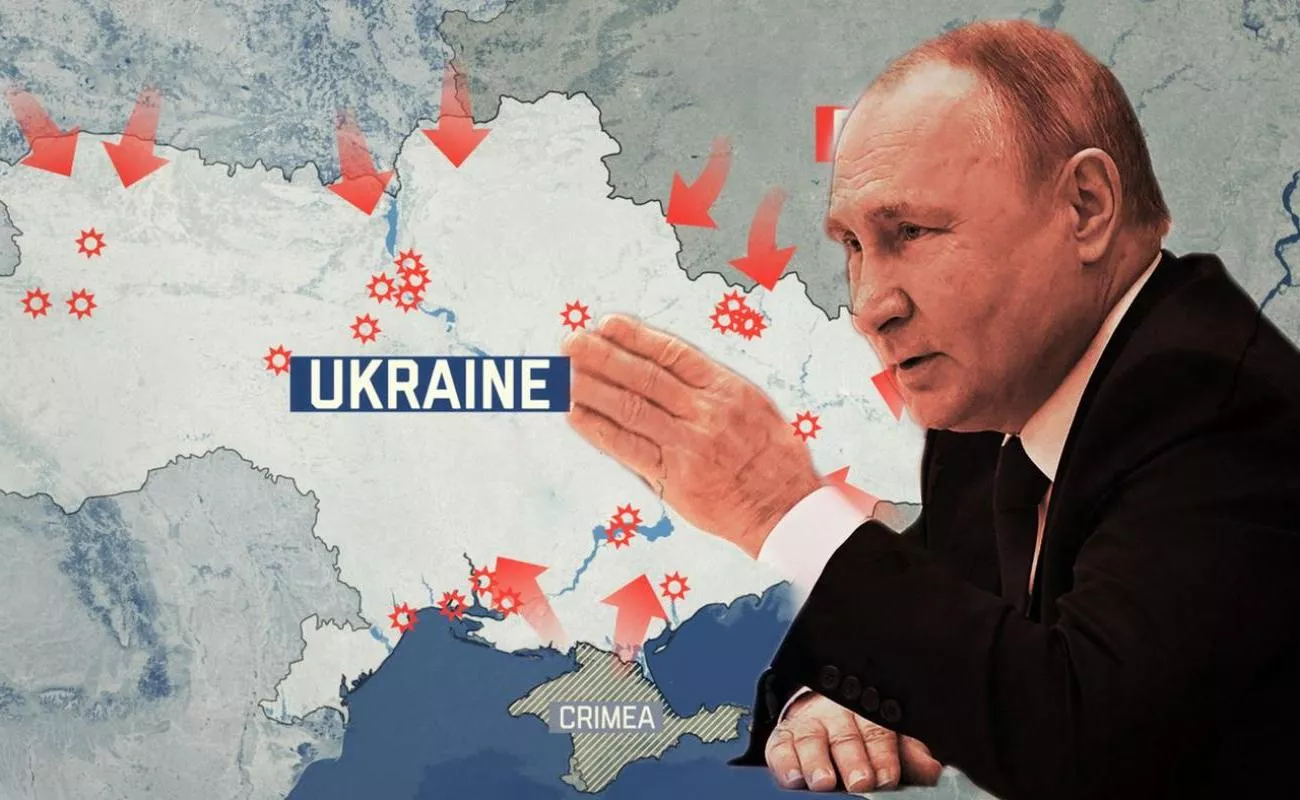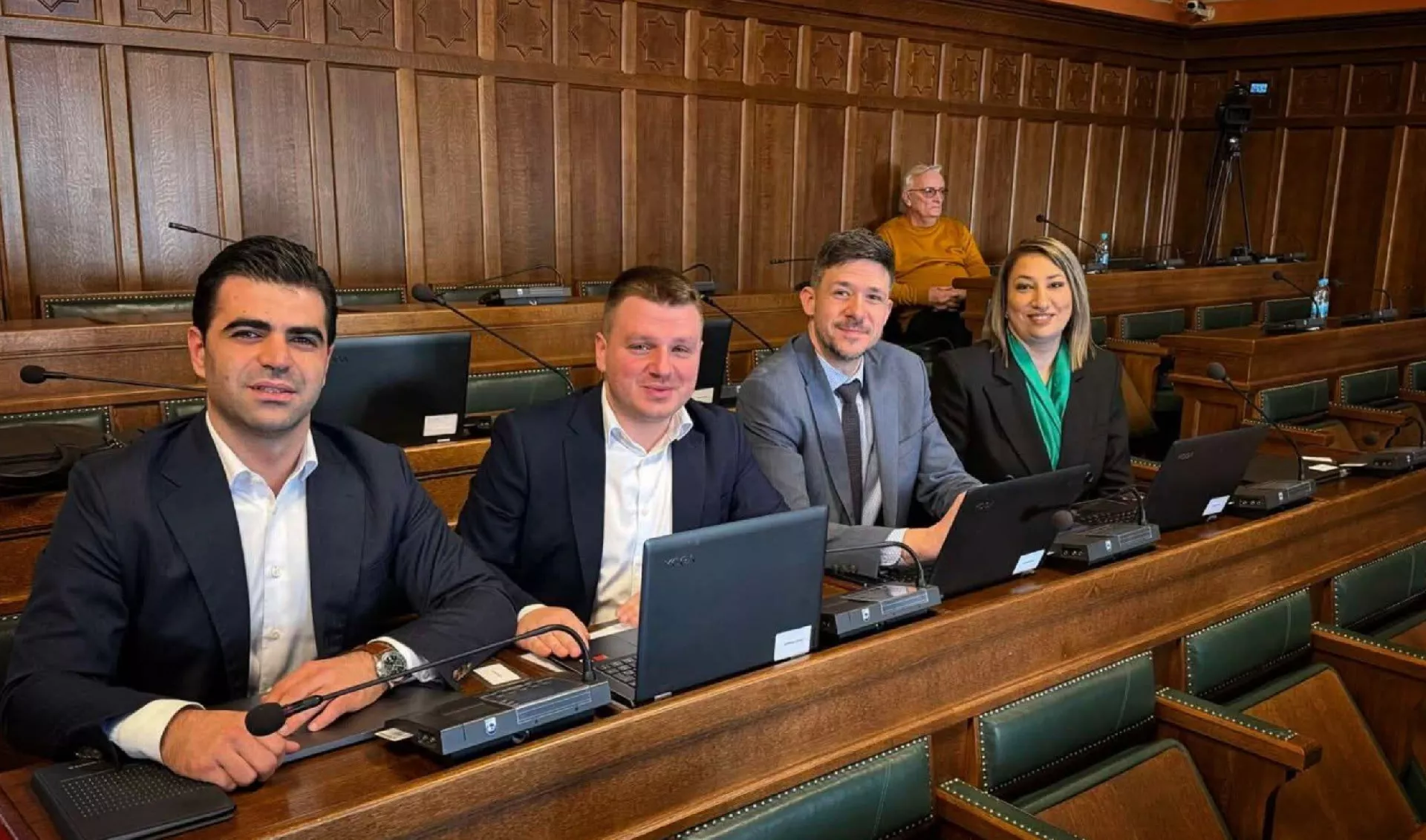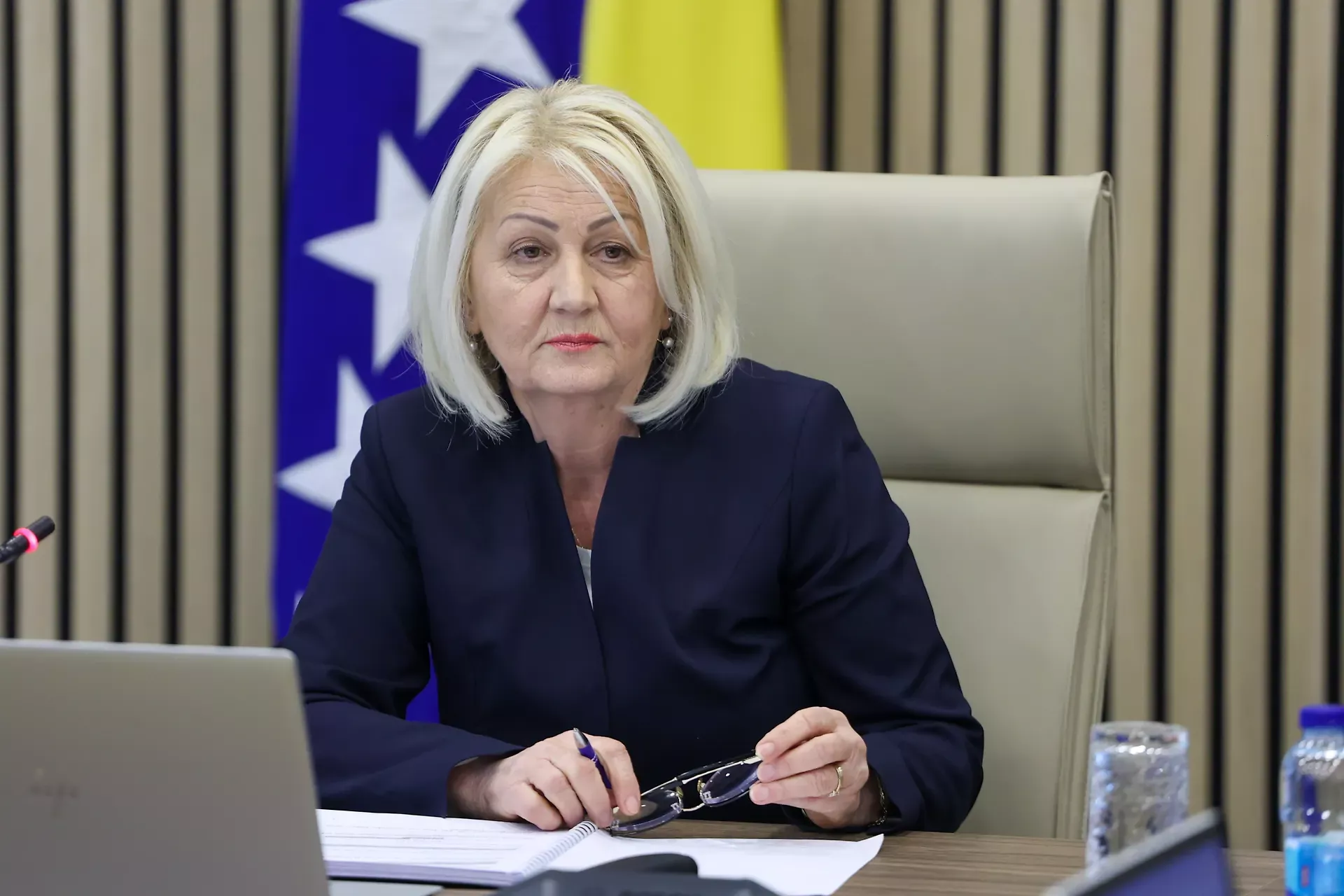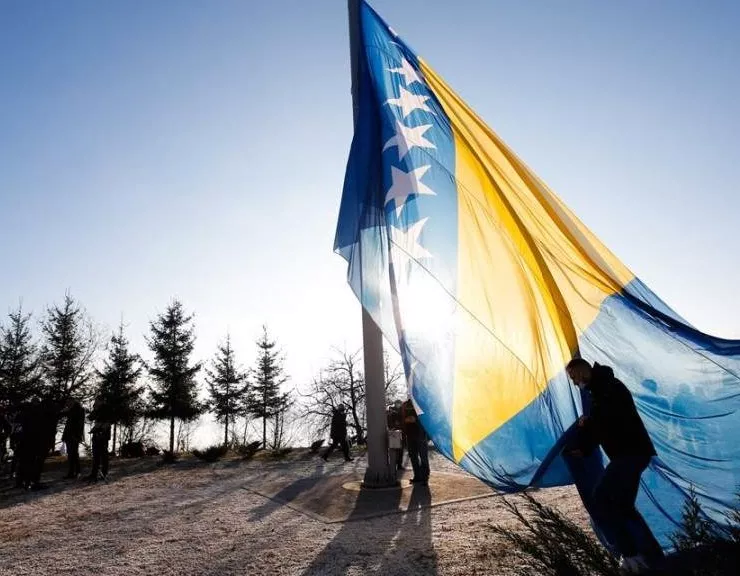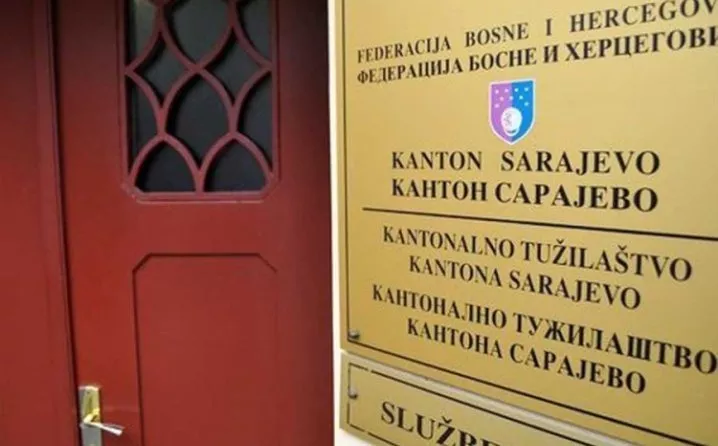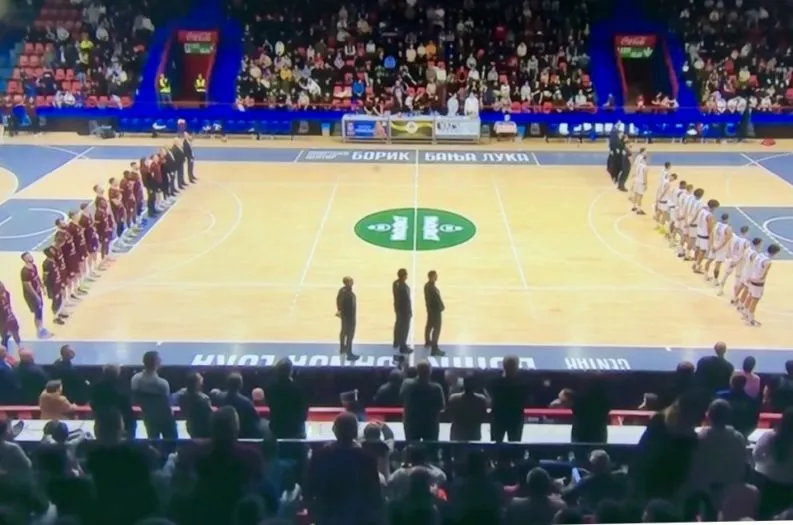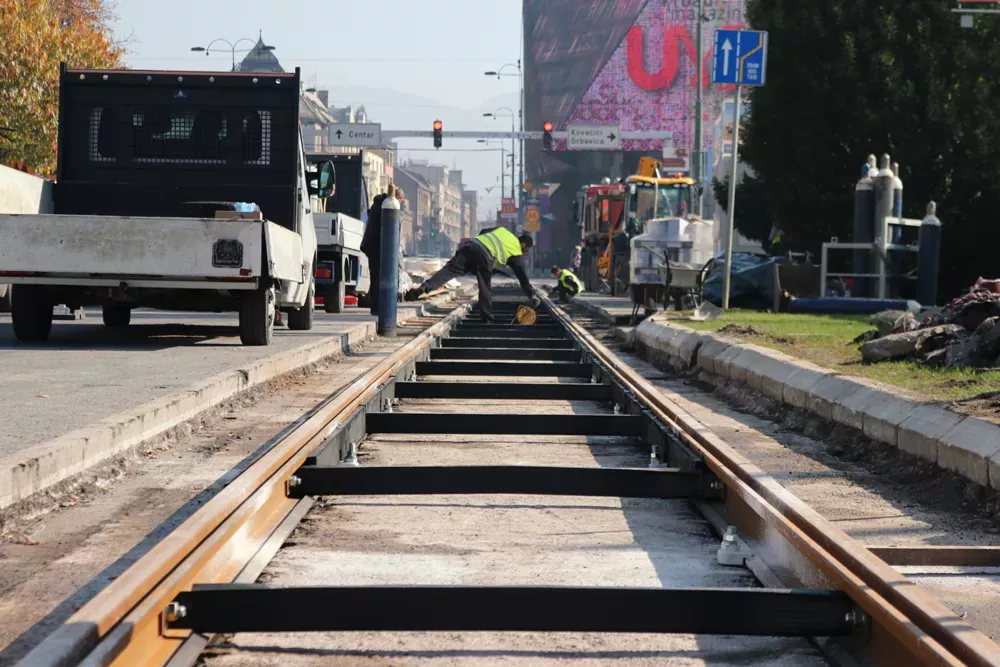

.jpg.webp)
By: Adis Arapovic
When observing the events on the political stage of Bosnia and Herzegovina over the past few weeks, one cannot help but notice obvious correlations between seemingly unrelated events and processes.
On the one hand, there are more frequent meetings and more compliance between SNSD and HDZ relating to the SNSD's initiative for corrections of the electoral method and the decision making method of the judges at the Constitutional court of BiH. Regardless of the previously announced request by these two parties for removal of foreign judges and introducing of simple ethnic voting at the Constitutional court, which is a barely known phenomenon in the legal theory and almost non-existent practice anywhere on the planet. Also, regardless of the fact that even bigger problem than the said manner of appointment or selection of judges of the constitutional courts, which is often or mainly filled with candidates with political rather than professional experiences, or more precisely, with the candidates from the first echelon of the leading political parties, and not from the echelons of the professional circles, which then direct their loyalties at the mother party and not to the benefit of the law and common good. These elementary arguments are worth nothing because we are talking about a tactic maneuver of a wide range.
What could be the background of the announcement of the legislative initiative about 'reform of the constitutional judiciary'? First, even if the announced initiative is revealed at the parliament and becomes an agenda item of one of the Houses, there is very little chance it will gain the qualified majority at the House of Representatives i.e. entity majority from the Federation BiH (delegates of SDA, SBB, SDP, DF, BPS, ASDA, which is 24 that is, more than one half of the House, with a great likelihood for a NO vote). Likewise, there is very little chance it will gain the qualified majority in the Bosniak club at the House of Peoples, which makes the chance for the said law to be rejected, 200% actually!
The initiator surely counts on initial rejection of the initiative, which will neither pass through the Constitutional and Legal Commission nor the Collegium, hence there is very little likelihood it will appear at all on the agenda. Nevertheless, this initial phase will come in handy for deterioration of relationships in which SNSD (with benevolent position of the Alliance for Change) and HDZ would take one side, and Bosniak and all other parties on the other side of the chessboard. Deterioration of the relationships inevitably leads to blocking the state parliament, House of Peoples to start with, depending on the position of the Alliance for changes, by blocking the work of Collegium and by impossibility to call sessions and agree on agendas. That is how all legislative projects and reforms will be halted at the state level, and the international community will come to realize that the biggest legislative and political crisis is on the horizon.
By imposing a crisis in the parliament in the beginning of 2017 around the issue of the constitutional court, an optimal starting position was generated for any future moves that SNSD can make on the matter, and that is referendum on the structure and decision making methods of the constitutional court, by using the same pattern as for the first referendum of September 2016.
Second, that same starting position is also good for both SNSD and HDZ in case, under the foreign pressure, the question of implementation of Sejdic&Finci verdict is put on the agenda, through the constitutional reforms and those of electoral legislation.
The support that SNSD will get from HDZ for the issue of the constitutional court, could be reciprocated with support of SNSD to HDZ, through constitutional reforms and those of the Electoral law, for HDZ to receive help in formalization of 'Croat electoral question', so Bosniak side would remain isolated in terms of that issue as well. Should Alliance for changes oppose SNSD's initiative, they would be proclaimed traitors and requested to step out from the state government.
That will not be doable without Bosniak votes so one can expect an escalation of the crisis and further threats of blocking all state functions, by blocking the legislative power and coordination mechanism during the period of preparation of answers for the EU questionnaire, until Bosniak side gives in and allow SNSD to enter the Council of Ministers.
And while this fabricated crisis at the state level lasts, with one of its goals being creating an ambiance for calling another referendum, the public finances in the RS are under unbearable pressure. Public debt at the end of 2016 will reach as high as 60% of GDP, with tendency of rapid growth in which, with 1 January 2017, every citizen of RS with per capita debt of 4.500 KM will be twice as indebted as a citizen of Federation BiH. Financial collapse of RS, without IMF's tranche that will not come any time soon, and without any possibility for internal credit because the banks are sliding towards isolationism, could be slowed down only with rapid cuts of the expenditures i.e. drastic cuts of salaries, social and agriculture grants, cuts of grants for public companies, retirement and health funds etc.
Such measures inevitably cause resistance and social dissatisfaction which grows in parallel with the artificial political crisis at the state level. The RS government actually aims at managing the opposed risks. By raising political tensions, they will manage financial and social crisis in the entity, and keep it under control by creating pressure of the political crisis. Therefore, a social upheaval should be prevented by forming the ultimate political crisis and the biggest threat to the survival of RS, which the regime can surely indoctrinate by emphasizing the threat of OHR, terrorists, NATO etc. This is going to be a political ultimatum for foreign protagonists too, to make them provide financing from the outside, otherwise the process may run towards inevitable social and then ethnic conflict!
On the other hand, political relations of the coalition partners SDA, SBB and HDZ have never been worse, which is primarily generated by the inferiority complex of so-called 'Bosniak unity'. At one end, SDA has been going through an inner drama of its own ever since the outcome of the local elections. The said inner crisis threats to cause an implosion in the party, to weaken its political power and cause a loss of formal parliament majorities. At the other end, SBB is still licking the wounds of the electoral loss caused by its joint campaign with SDA, while their leader is going through a judicial hell which has all the elements of a political farce.
Both ends (SDA and SBB) vitally need an outside enemy in order to restrain centrifugal forces in their own rows. They seem to find it in the nearest political ally – SDA in SBB, and SBB in SDA. That is how self-proclaimed 'Bosniak unity', besides non-existent content, now also loses the very form of the unique political project, while Federation BiH at the half of the actual mandate, keeps sliding towards economic and social abortion with fatal consequences.
However, both of them are benefiting from the temperature rising in their relationship, as Federation BiH is facing rather painful cuts caused by its bad financial situation in which over 55% of the income is used to cover debts. Nevertheless, borrowing does not stop as I write this; first of all, because the expected IMF money has not arrived yet, hence the hole in the budget as deep as tens of millions KM. At the time when federal government is failing to sell even treasury notes to commercial banks, rapid cuts become necessary: the expenditures, salary cuts in the public sector, reduction of social transfers in the war and non-war categories, reduction of all other governmental transfers. At the same time, due to an unmanageable deficit of the retirement fund, the payment of pensions will become the second budgetary priority, right after the payment of the debt. Pensions will be paid from the budget which will additionally narrow room for maneuver of the available budget funds. That will at the end cause enormous dissatisfaction of the budgetary and extra budgetary beneficiaries, particularly those of the third order such are civil invalids, the farmers, the miners and others employed by fallen public companies; then of those from the second order such as public administration, health sector and police, and, at the end, of the pensioners.
There will be behind-the-scenes, accelerated activities relating to the sale of BH Telecom and the remaining public companies including Elektroprivreda, to guarantee the payment of the debt and as at least a temporary consolidation of the public finances.
Nevertheless, the fabricated political crisis around the constitutional court, potential referendum, paralysis of the state functions and blockade of the European road, will serve to channel the social dissatisfaction towards ethnic homogenization and articulation of the political crisis as a dominant threat for the state (SDA), national (HDZ, SNSD, SDA) and entity (SNSD) interests. That will send a signal from the Federation that the international factor ought to finance calming of the tensions and crisis mitigation with new loan tranches.
In this big game, one should not expect the neighboring countries, and also OHR, EU, the US but also Russia and Turkey, to take a passive role. According to the rules of 'theory of the game', it is impossible to predict the outcome in such a constellation; yet it is obvious that the statebuilding factor is in withdrawal, that political power has dominantly spilled from the institutions over to two non-statebuilding parties, that the financial resources of both entities are exhausted, that the overblown balloon of the public sector will either burst or begin to uncontrollably deflate, which will produce a number of projected and unexpected crises, breakdowns and unrests on all levels.
Perhaps that will present the breaking point of our transition from which we can exit either as a failed state on its path to dissolution or as a consolidated consociation and a complex yet functioning political habitat inside the European Union and NATO. As for the latter, consolidation of the political scene, which the existing protagonists just cannot or do not want to consolidate, will be a necessary precondition. A colossal clash may occur in the conflict of interest of the mastodons i.e. the big political parties and the incoming dissatisfaction of the most BH citizens, revolted by class delayering, corruption, poverty, weak institutions, invalid legal system and rebellious political elite. It has been a while since the Ney Year brought so much fear and so much hope at the same time.
